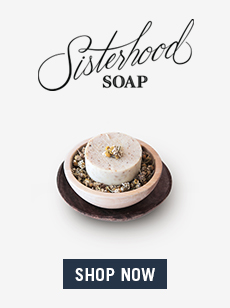When we approach the hand-made house, pieced together with scavenged materials, we don’t suspect for a moment that we will meet a poet.
“My land gave birth to food. My land was the perfect place to live with my animals, see calves being born, feed the pigs, and chase them while playing. My land was the room of my desires. My land is the world in which, without having anything, I had it all.” When we ask José where he comes from, this is how he answers.
José is indigenous, part of the Yukpa people. His ancestors lived freely on this land, grazing animals across the valleys and plains between mountains—long before the colonizers came, long before a border divided the land between Venezuela and Colombia. José’s people tended a land of abundance before gangs began to plant coca and poppies, before organized crime and para-military groups, inter-tribal disputes, and political problems.
And now, driven from their traditional land—repeatedly displaced over generations—most indigenous folks like José live in extreme poverty.
“Living in Venezuela has more to do with survival than anything else. I make hats and some crafts, but that is not enough to provide food for my children. I don’t mean that society is indebted to the indigenous people like us because I don’t want to say that. I want to work the land and produce enough, raise animals, make hats… all this to sustain my home and so they don’t have to go without.”


For now, though, they do go without. José’s wife Catalina describes what life is like for them, their son Julián, and little girl Miranda.
“My house is makeshift. We used garbage, fabric scraps that we found on the street…Look at this! Our beds are old mattresses that we got in the garbage. We don’t have a bathroom, we don’t have water tanks, we just live like animals. My baby is bitten by mosquitoes at night, so I try to cover her with something. The early morning breeze makes us sleep, but there are days when the heat is unbearable. There are also rainy nights where we feel like the roof is going to fall on us,” says Catalina.
In Venezuela, families like José, Catalina, Julián, and Miranda receive monthly food packs provided by members of our community. This is the respite you provide.
José unpacks the bags of food, setting everything out on an old mattress. Young Julián spots a bag of corn flour, snatches it up, and hugs it to his chest just like he does with his favorite teddy bear, found in a city garbage can.
Providing food packs to some of Venezuela’s most vulnerable families doesn’t change the country’s economy. It doesn’t lift international sanctions. It doesn’t heal centuries of mistreatment of indigenous people. But it does provide hope for families. It does give them some urgently needed nutrition, a little breathing room, and a tangible sign that the world hasn’t abandoned them.
For six-year-old Julián, he will remember this day for a long time. And he knows now that things can be different.



